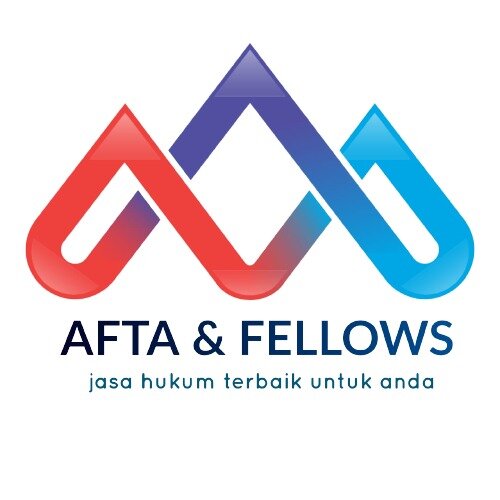Best Communications & Media Law Lawyers in Yogyakarta
Share your needs with us, get contacted by law firms.
Free. Takes 2 min.
List of the best lawyers in Yogyakarta, Indonesia
About Communications & Media Law in Yogyakarta, Indonesia
Communications & Media Law in Yogyakarta, Indonesia, is mostly governed by the national legislation. Yogyakarta, as with the rest of Indonesia, primarily adheres to the Law Number 32 of 2002 concerning Broadcasting and the Law Number 19 of 2016 on Information and Electronic Transactions (ITE Law). These laws cover various aspects of communication and media, including the regulation of broadcasting services, online content, electronic transactions, and the management of personal data.
Why You May Need a Lawyer
Legal guidance may be required in various circumstances related to Communications & Media Law. These may include situations like setting up a broadcasting or digital business, dealing with defamation or privacy issues, compliance with advertising regulations, or handling disputes related to intellectual property in the media sector. Comprehensive understanding of complex regulatory frameworks and online protocols can be challenging for individuals or businesses, thus seeking legal assistance can be beneficial.
Local Laws Overview
While the primary governing laws are nationwide, there could be local regulations and bylaws specific to Yogyakarta due to its status as a Special Region. The laws cover the regulation of media activities, from registration of media businesses, broadcasting rules and restrictions, to online content management and restrictions on slanderous or defamatory content. Understanding these parameters can crucial in avoiding legal complications.
Frequently Asked Questions
What are the main laws governing Communications & Media in Indonesia?
The main laws are the Broadcasting Law (Law Number 32 of 2002) and the ITE Law (Law Number 19 of 2016).
What actions could be considered as violations under the ITE Law?
Some actions classified as violations include the distribution of defamatory content, spread of false news or hate speech, unauthorized access, and electronic transaction fraud.
What is the regulating authority for Communications & Media Law in Indonesia?
The Ministry of Communication and Information Technology (KOMINFO) is the key regulator, along with the Indonesian Broadcasting Commission (KPI) for broadcasting-related matters.
What are the penalties for violations under the Broadcasting Law and the ITE Law?
Violations can result in hefty fines, business license revocation, or in some cases, imprisonment.
Can international media outlets operate in Indonesia?
International media outlets can operate in Indonesia; however, they need to comply with the laws and regulations, including acquiring appropriate broadcasting licenses.
Additional Resources
1. The Ministry of Communication and Information Technology (KOMINFO): as the governing body, provides latest regulations and updates. 2. The Indonesian Broadcasting Commission (KPI): for specific broadcasting regulations and licensing queries. 3. Legal education portals: For further understanding of legal definitions, implications, and updates, portals such as Hukum Online can be insightful.
Next Steps
If you need legal assistance related to Communications and Media Law in Yogyakarta, it is advisable to seek a lawyer with expertise in this area. They can provide specific advice on your case, help navigate the legal landscape, and advise on preventive actions to avoid legal violations. You would also benefit from getting in touch with KOMINFO and KPI for any sector-specific inquiries.
Lawzana helps you find the best lawyers and law firms in Yogyakarta through a curated and pre-screened list of qualified legal professionals. Our platform offers rankings and detailed profiles of attorneys and law firms, allowing you to compare based on practice areas, including Communications & Media Law, experience, and client feedback.
Each profile includes a description of the firm's areas of practice, client reviews, team members and partners, year of establishment, spoken languages, office locations, contact information, social media presence, and any published articles or resources. Most firms on our platform speak English and are experienced in both local and international legal matters.
Get a quote from top-rated law firms in Yogyakarta, Indonesia — quickly, securely, and without unnecessary hassle.
Disclaimer:
The information provided on this page is for general informational purposes only and does not constitute legal advice. While we strive to ensure the accuracy and relevance of the content, legal information may change over time, and interpretations of the law can vary. You should always consult with a qualified legal professional for advice specific to your situation.
We disclaim all liability for actions taken or not taken based on the content of this page. If you believe any information is incorrect or outdated, please contact us, and we will review and update it where appropriate.










